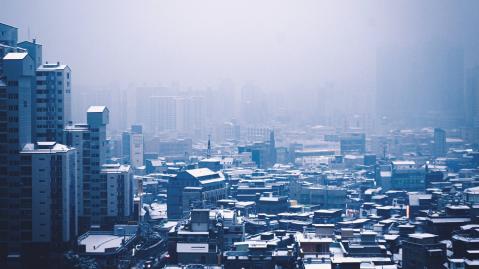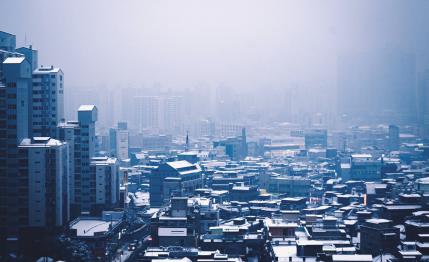Image

Copyright
© Clark Gu / Unsplash
Lightbox Image (duplicate of Image)
Body (only for migrated news)
The Republic of Korea’s Ministry of Environment (MoE) announced amendments to the Emissions Trading Act with a press release on 21 April 2020. The proposed amendments enable third-party participation in the secondary market and establish updated allocation provisions for Phase 3 of the Korea ETS (K-ETS) commencing next year and running until 2025.
The amendments are currently being reviewed by ministries, with a public consultation process running in parallel. They would allow brokerage firms and financial institutions to trade regular permits as well as converted carbon offset units on the Korea Exchange (KRX), which currently acts as a secondary market for entities covered by the K-ETS only. Government auctions will remain exclusively for entities regulated under the K-ETS, which since January 2019 have been held on a monthly basis.
Relaxed constraints on market participation come as a major and widely anticipated step aimed at improving market liquidity in the K-ETS. The system has faced low trade activity and rising allowance prices during the first and second trading phases covering 2015-2020. The secondary market has so far only encompassed spot trading among regulated entities. While there are plans to introduce derivatives during the third trading phase, the announcement does not mention the development of a futures market.
The proposed amendments reaffirm the establishment of criteria for carbon leakage protection in Phase 3, which would see more companies having to participate in auctions. This is in line with the previously announced benchmarking and auction shares that will rise in Phase 3 from 50% to 70% and 3% to 10% respectively. Entities that do not qualify as emission-intensive and trade-exposed will be required to purchase part of their allowance needs at auctions, while those qualifying for leakage protections will continue to receive 100% free allocation (see the “Phase & Allocation” section of ICAP’s Korea factsheet).
Organizations providing public goods are exempted from the more ambitious allocation rules and will continue to receive allowances for free. These include local government buildings, schools, hospitals, and public transport. The K-ETS includes the indirect emissions of such entities, obliging large consumers to surrender allowances according to their volumetric electricity use multiplied by an average carbon-intensity factor.
President Moon Jae-in’s liberal Democratic Party won a landslide victory in parliamentary elections in April, resulting in an absolute majority in the National Assembly. The electoral victory is likely to embolden Korea’s climate program, recently illustrated by the ruling party’s campaign pushing for an accelerated coal phaseout and carbon neutrality by 2050 as part of a Green New Deal. If these new policies are implemented, the K-ETS would be key to delivering the lion’s share of additional emissions reductions in the years ahead.
ETS Jurisdiction

